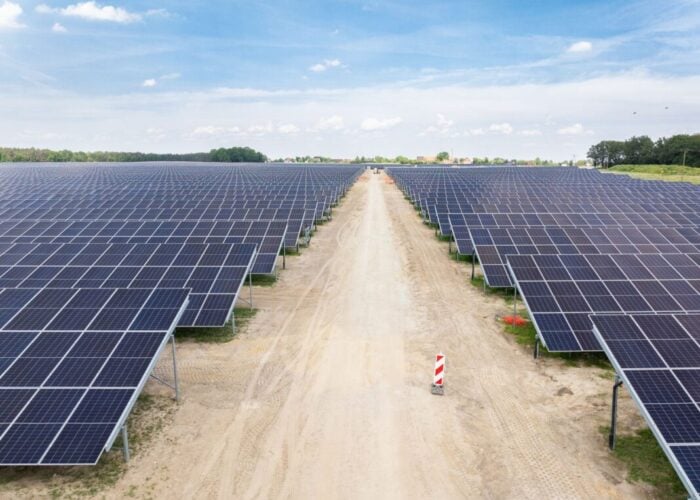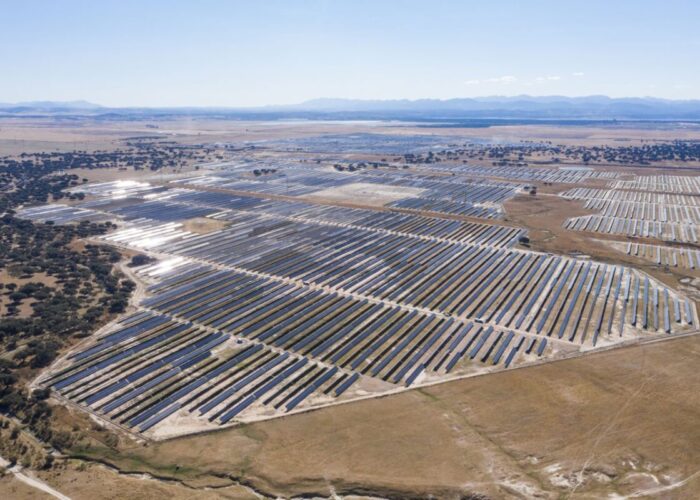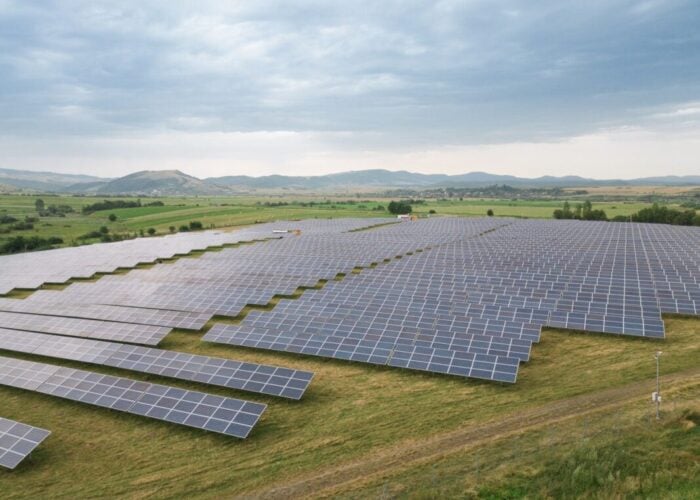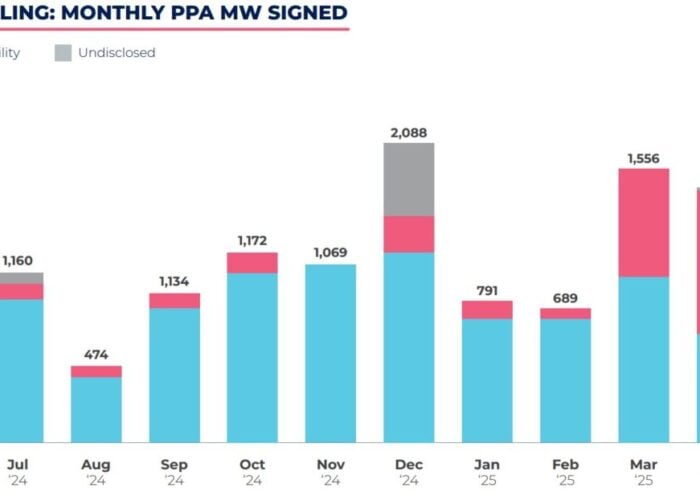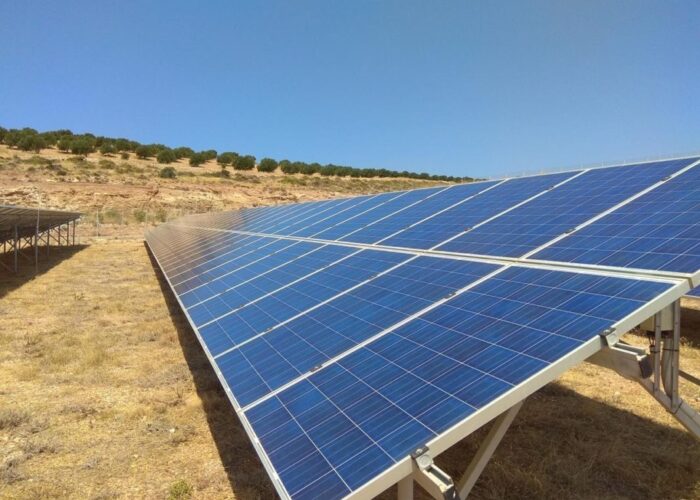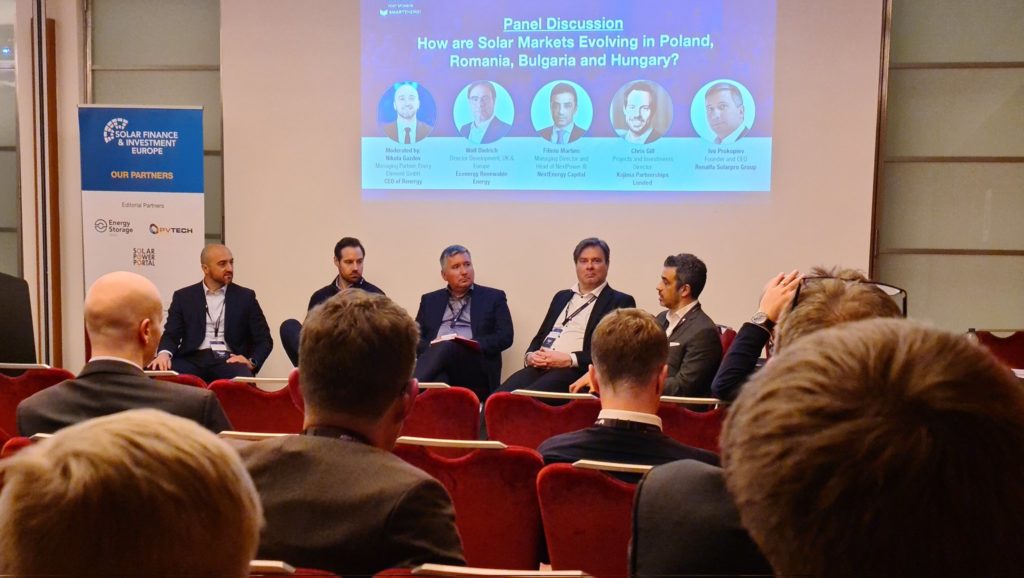
Eastern European solar markets face a familiar foe in grid constraints, especially with high voltage network capacity, but high energy prices are creating potential for merchant projects in the region.
Speaking at this week’s Solar Finance & Investment Europe event, Chris Gill, projects and investments director at Kajima, said while there was every expectation efforts from the European Union this week stands to accelerate renewables projects in Eastern European markets, familiar constraints such as grid would continue to affect projects moving forward.
Unlock unlimited access for 12 whole months of distinctive global analysis
Photovoltaics International is now included.
- Regular insight and analysis of the industry’s biggest developments
- In-depth interviews with the industry’s leading figures
- Unlimited digital access to the PV Tech Power journal catalogue
- Unlimited digital access to the Photovoltaics International journal catalogue
- Access to more than 1,000 technical papers
- Discounts on Solar Media’s portfolio of events, in-person and virtual
Gill in particular pointed to how solar PV projects intending to connect to Poland’s high voltage network “are just not getting grid [connection agreements]”, noting recent market speculation that the nation’s grid operators are holding high voltage capacity back for wind projects.
Instead, developers like Kajima are favouring small- and medium-voltage projects of smaller scales, and amassing larger pipelines of such projects in order to gather scale.
Poland has been one of the most popular PV markets of late, attracting a larger number of new entrants and now, as Gill said, stronger appetite for power purchase agreements with banks also beginning to open up to more merchant risk in the country.
This view was echoed by Wolf Dietrich of developer Econergy Renewable Energy, who said his company was considering going merchant on some of its projects, or at least shifting a greater mix of revenues to merchants, to capture higher forecasted power prices.
There are looming issues with growing inflation throughout Europe, however, with NextEnergy Capital’s Filinto Martins noting the prevalence of transactions in Poland being conducted in either Euros or US Dollars, rather than in zloty. If inflation continues to increase, triggered by spiralling energy costs throughout Europe, investors may be spooked as a result of project returns failing to offset increased risk.
Martins further stressed that while it was too early to make any affirmative conclusions on the crisis’ impact in the longer term, Russia’s invasion of Ukraine only served to “enhance” such problems, as noted by other discussions held at this week’s event.
In the short term at least, members of the panel did suggest workforce issues were beginning to arise in Eastern Europe on the solar EPC side, with employees of Ukrainian descent returning to the country to fight.
But of greater concern is the potential for more mature solar markets in Europe such as Germany and France to detract from interest in Eastern Europe if financial headwinds and risk on the continent escalate further.

